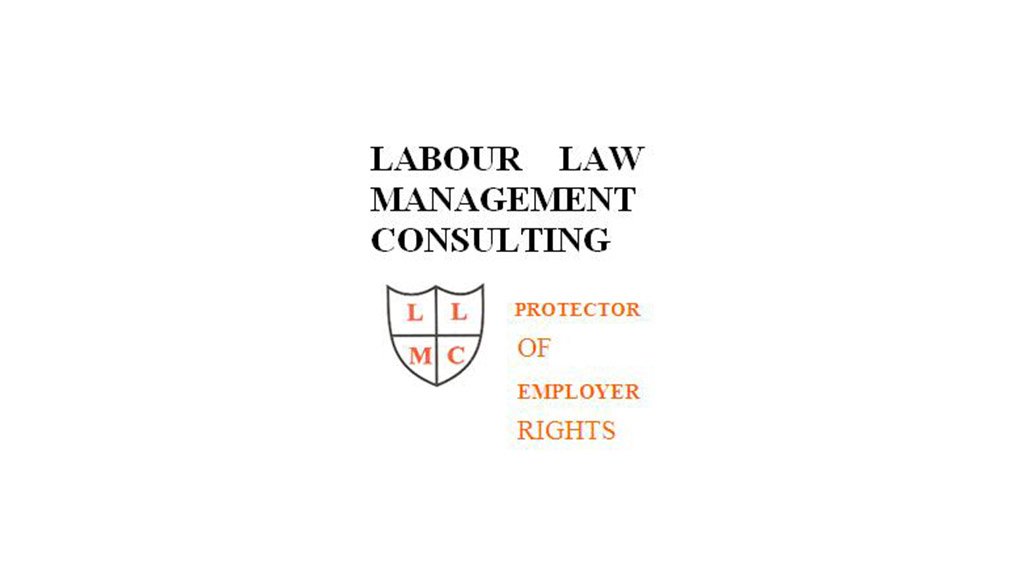There are several types of dismissal including, amongst others, poor performance dismissal and retrenchment dismissal. Each of these dismissal types have their own separate and unique processes that the employer must follow prior to effecting the dismissal. Employers are not allowed to misuse one process in order to deal with a problem for which another process has been designed. For example, employers are not allowed to use retrenchment to get rid of their deadwood. Instead, every employer should acquire the expertise necessary to implement business decisions without transgressing the law and still maintain a viable business.
Employers are not required to get their employees’ “permission” to retrench. That is, they are not required to negotiate retrenchments but only to consult with the trade union or other employee representatives (if these exist) or with the employees themselves. However, it is in the employer’s interest to negotiate the criteria for choosing retrenchees because, if the employees agree, then the agreed criteria are legal. The difference between consultation and negotiation is most important:
Negotiation means that the parties must reach agreement before any idea can becomes a decision or is implemented. This is not required in retrenchment law although the trade unions are pressing hard for this to be legislated.
On the other hand, the law of consultation provides that, as long as the employer can prove that it disclosed relevant information and tried thoroughly and in good faith to reach consensus, it does not have to actually reach agreement with the employees/representatives.
The halls of the CCMA and Labour Court echo endlessly with the groans of many thousands of employers (and some ex-employers) who refused to believe the labour law requiring fair or agreed retrenchment criteria and who failed to acquire the knowledge and expertise necessary to reconcile business pressures with legal requirements.
Countless cases have been decided at the CCMA and Labour Court where employers have either had to reinstate retrenchees and/or have had to pay huge amounts in compensation. This is often a disaster for the employer because the biggest reason for retrenchments is financial weakness and these awards against employers can place an unbearable burden on the already strained finances of the employer.
A case in point is that of Toyota SA reported in the Business Report of 30 November 1999. Here, the employer was required to reinstate 280 employees and to pay them R15.2-million because Toyota had failed to disclose to the employees sufficient information necessary for effective consultation.
In Wolfaardt & another vs IDC of SA (Pty) Ltd (2002, 11 BLLR 1127) the employer failed to give the two employees a chance to apply for alternative posts before retrenching them. The Labour Court found this to be procedurally and substantively unfair and awarded a total of R600 000 00 in compensation. The employer was, in addition, required to pay the employees’ legal costs.
In Ntshanga vs South African Breweries Ltd (2003, 8 BLLR 789) Ntshanga, a commodity manager, was retrenched as part of a restructuring exercise. Prior to his retrenchment he had applied for a post in the new structure but was rejected. He therefore lodged a dispute of unfair retrenchment. The Court found that:
- There were a number of available posts in the new structure that would have suited the qualifications of the employee
- The employer failed to consult with the employee with respect to those other available posts
- The employer failed to offer the employee one of the available posts because it was dissatisfied with his work performance
- Employers may not misuse retrenchment to get rid of poor performers
The retrenchment was therefore unfair and the employee was awarded compensation.
The courts will often tolerate the employer retaining the employees with the most appropriate skills. However, employers are warned that this does not mean that the employer can misuse the re-application criterion in order to get rid of poor performers. In other words, if the criterion chosen is Necessary Skills then the employer will be required to show in court that:
This was the criterion actually applied in every case
Employees not given the available posts did not have the required skills.
Proper strategic thinking and understanding of these complex legal principles would have prevented these costly awards! Managers therefore require advice and training on how to restructure businesses and how to deal effectively and legally with poor performers.
To register for our 16 July webinar on Investigating in the Covid Environment please contact Ronni on ronni@labourlawadvice.co.za or 084521749.
Written by lvan lsraelstam, Chief Executive of Labour Law Management Consulting. He may be contacted on (011) 888-7944 or 0828522973 or on e-mail address: ivan@labourlawadvice.co.za. Go to: www.labourlawadvice.co.za
EMAIL THIS ARTICLE SAVE THIS ARTICLE ARTICLE ENQUIRY
To subscribe email subscriptions@creamermedia.co.za or click here
To advertise email advertising@creamermedia.co.za or click here











